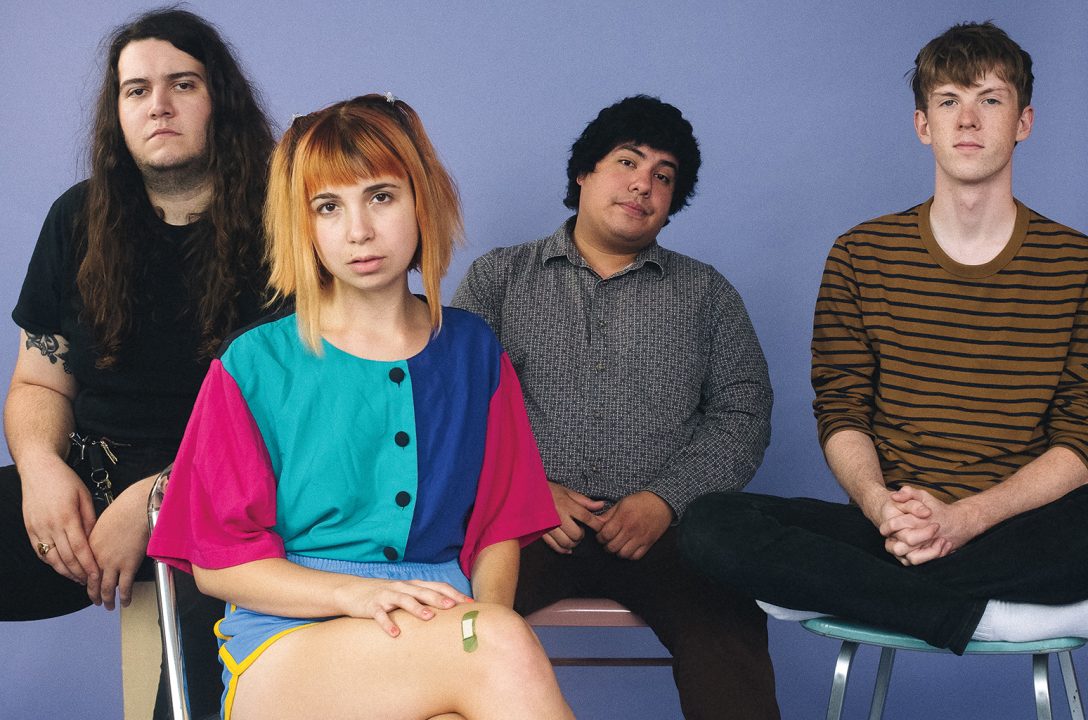Marvel Cinematic Universe’s newest member, the Black Panther, has traveled a long road from Wakanda to U.S. theaters. Black Panther was one of the most anticipated films of the year, and rightfully so. The film exceeded all expectations, and all expectations were outrageously high.
T’Challa, now king of Wakanda, was introduced in Captain America: Civil War in 2016. His cat-like reflexes and emotion-driven aggression left the audience curious of T’Challa’s personal story. In Civil War, T’Challa was a very powerful addition to Tony Stark’s campaign. However, in Black Panther, we get to see just how powerful the king is when fighting for his own cause.
Wakanda is a disguised country. The rest of the world sees it as a helpless, poverty-stricken third world country when in reality, it invents and houses the world’s most advanced technology. The belief behind this scheme is that exposing such technology to average humanity could lead to unjust violence and unnecessary wars.
Wakanda’s disguise parallels many minorities in the world. The majority of society looks at minority groups as uneducated, unworthy, behind the modern times and unestablished when in reality, each group possesses a distinguished intelligence and unaddressed beauty.
Black Panther showcased these oppressed groups and proved their value in an engaging, entertaining way. The film had many statements that proved how valuable each individual is to the overall community, and ultimately, the world.
The women in this film are phenomenal. They are each warriors of their own craft. Okoye, for example, is Wakanda’s greatest fighter and general. Shuri, T’Challa’s teenage sister, is head of the entire country’s technology and science discoveries. Nakia chooses to use her presence to help and fight for her people. Each woman presents qualities of independence, wisdom and strength. They are not supporting characters, which is unfortunately traditional for female characters; they were heroines for their own beliefs.
Black Panther is a substantial film for the African American community, voicing many discrepancies and biases towards the group. T’Challa, a royal heir, was never exposed to a life without luxury whereas Killmonger was raised in a community in which he was disrespected, uncared for and demeaned. The audience sees the drastic contrast between the two men and how even they showed some initial discrimination towards each other.
Black Panther progressed to prove that despite the differences, despite the tragedies some are raised in, despite the privileges some are born with — we are all human, and it is our responsibility as humans to care for and protect one another.
The entire theater was sold out opening night, and the crowd was beaming. There was a line to take pictures in front of the Black Panther cardboard cutout in the lobby. The second the credits began rolling, the entire theater broke out into applause.
Overall, the movie is one of the best in the Marvel universe. Personally, I saw it twice within a two-day span. Black Panther captured culture, humor, evoked empathy and encouraged its watchers to apply Wakanda’s epiphanies to our own world.
The film encourages us to accept our differences, whether it be in culture, race, gender, etc., find pride in them, respect them and choose to protect each other despite these differences, as if we were the same. As T’Challa had said, “We must find a way to look after each other, as if we were one single tribe.”
